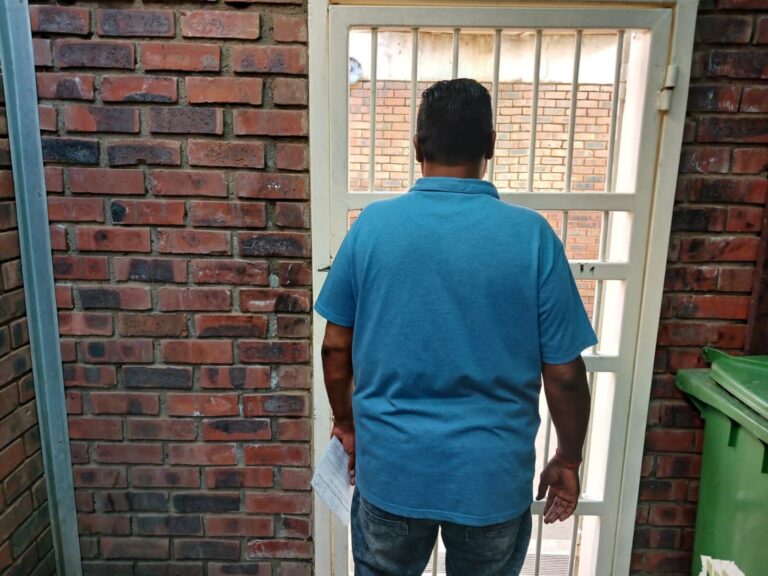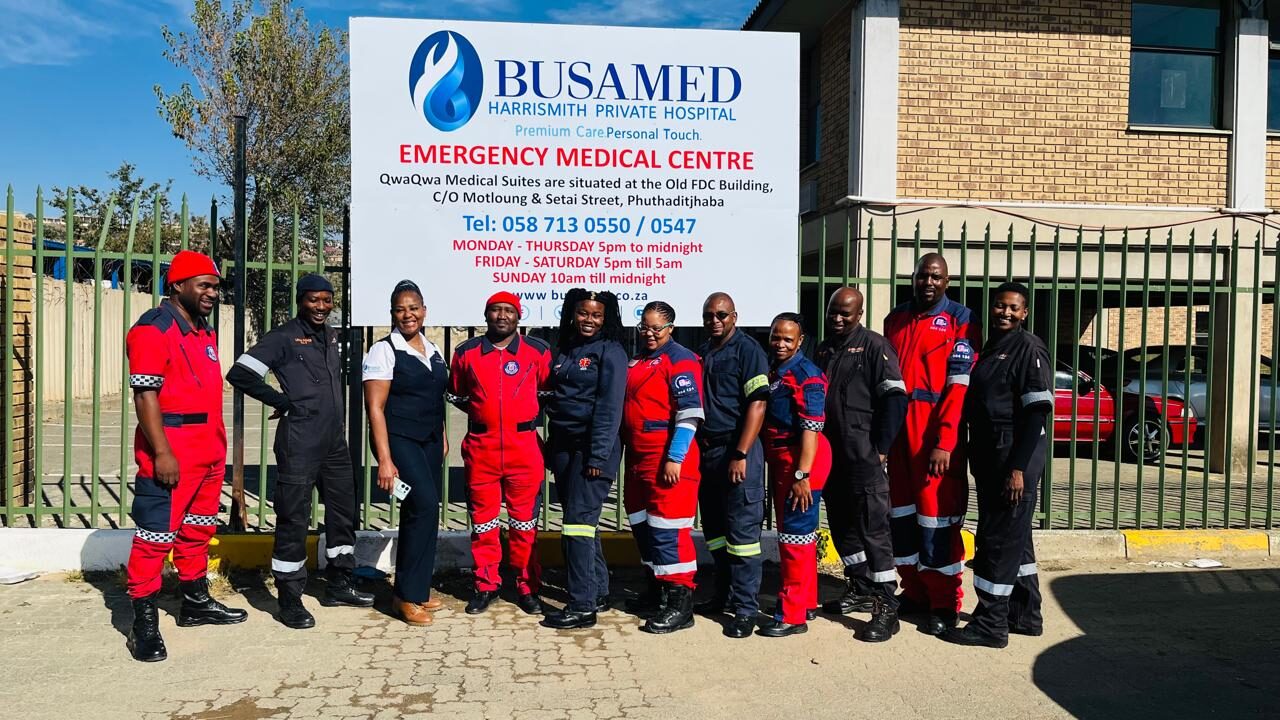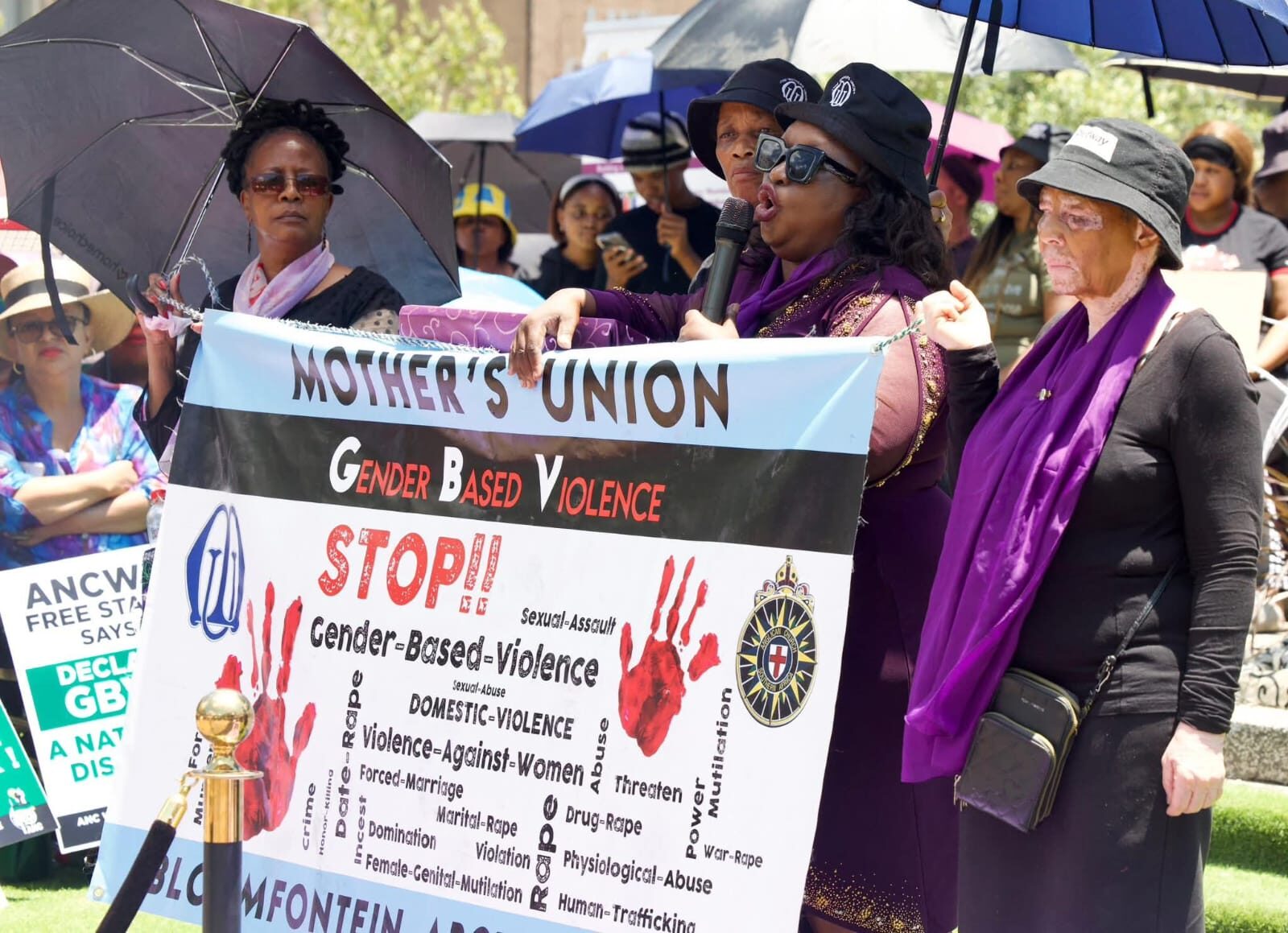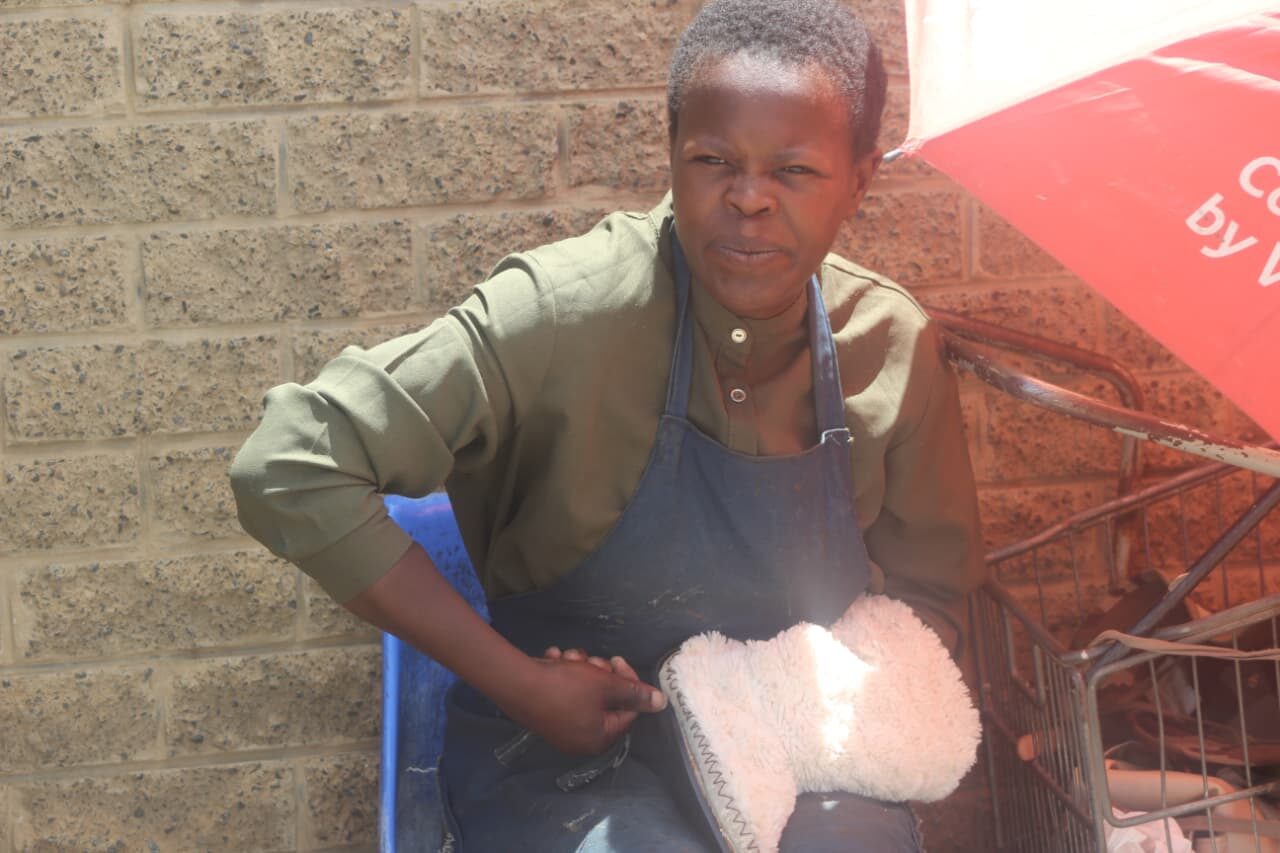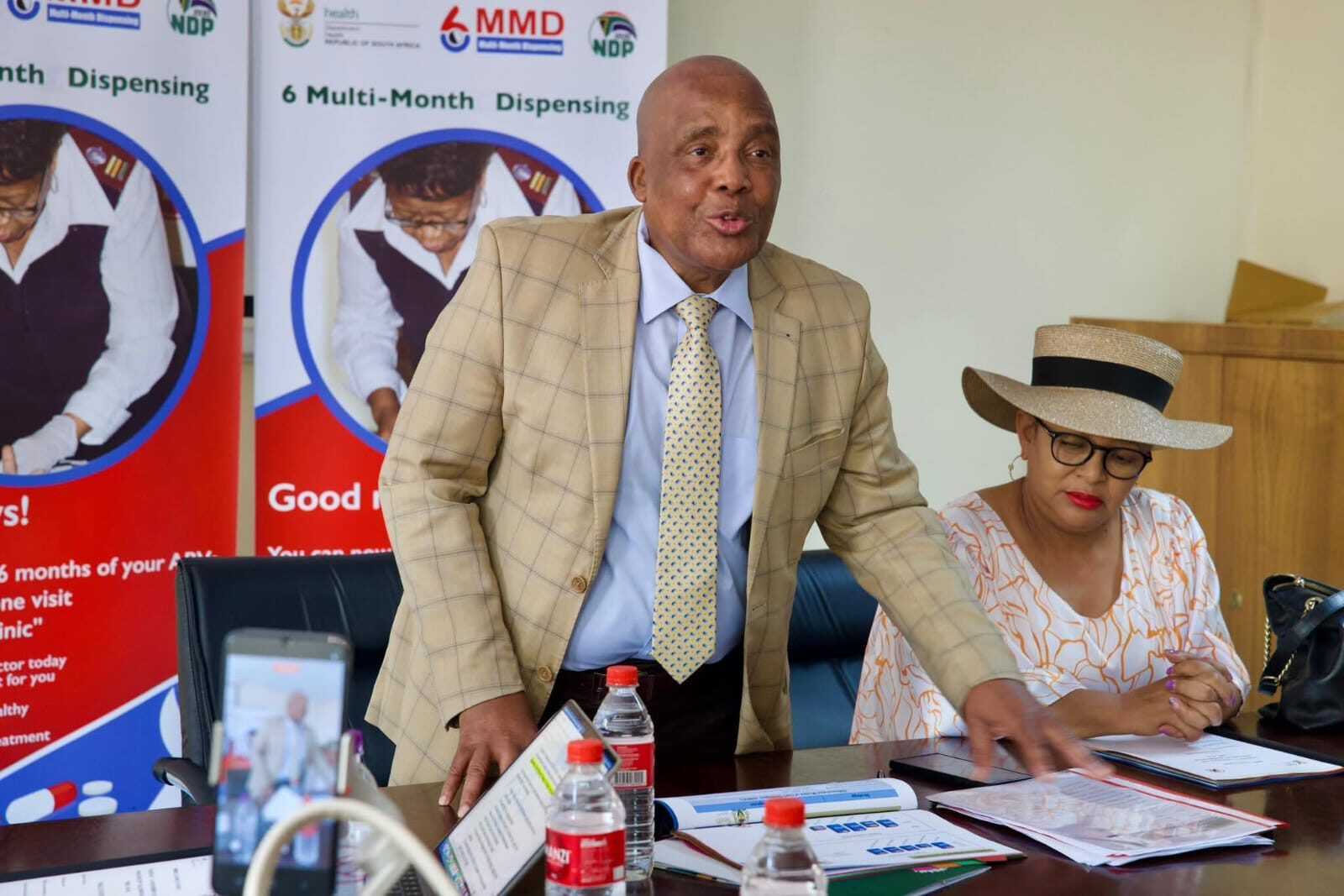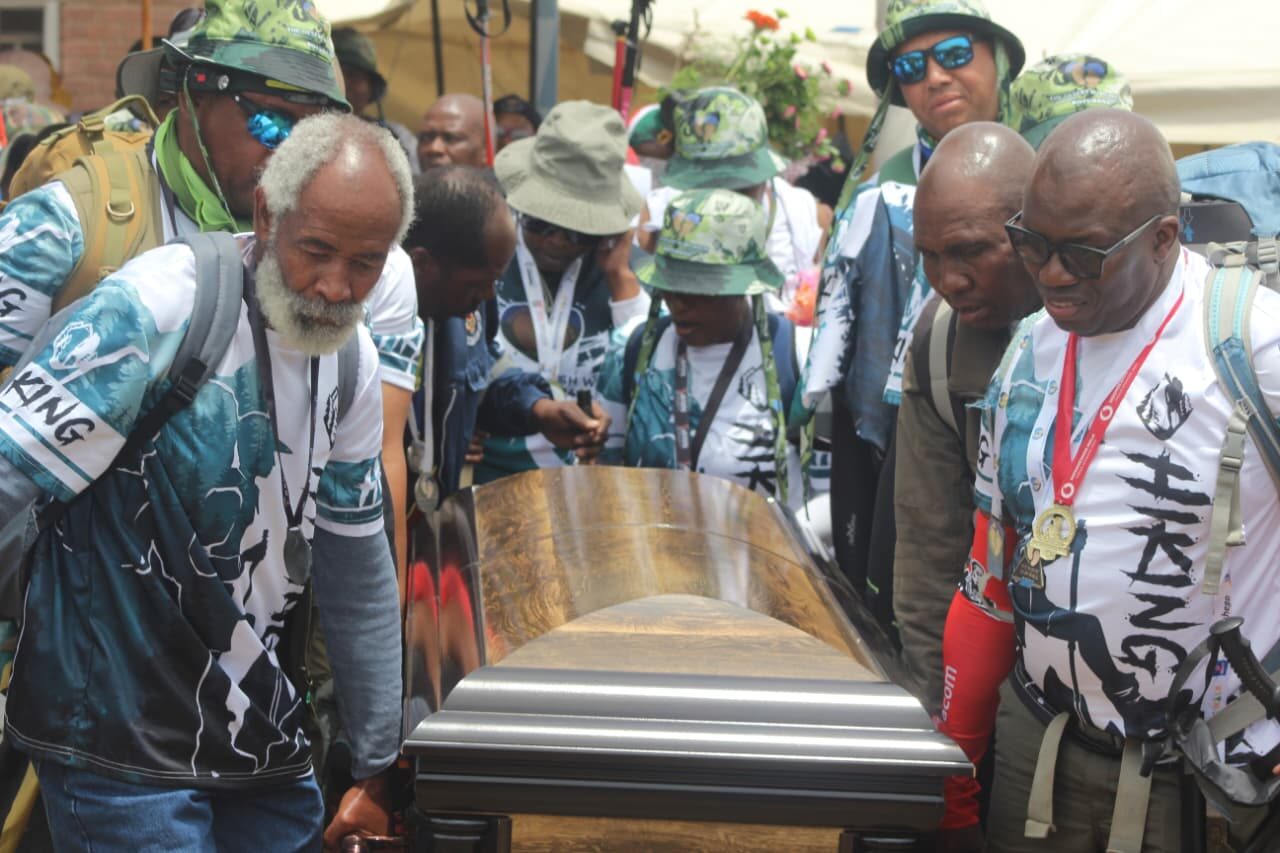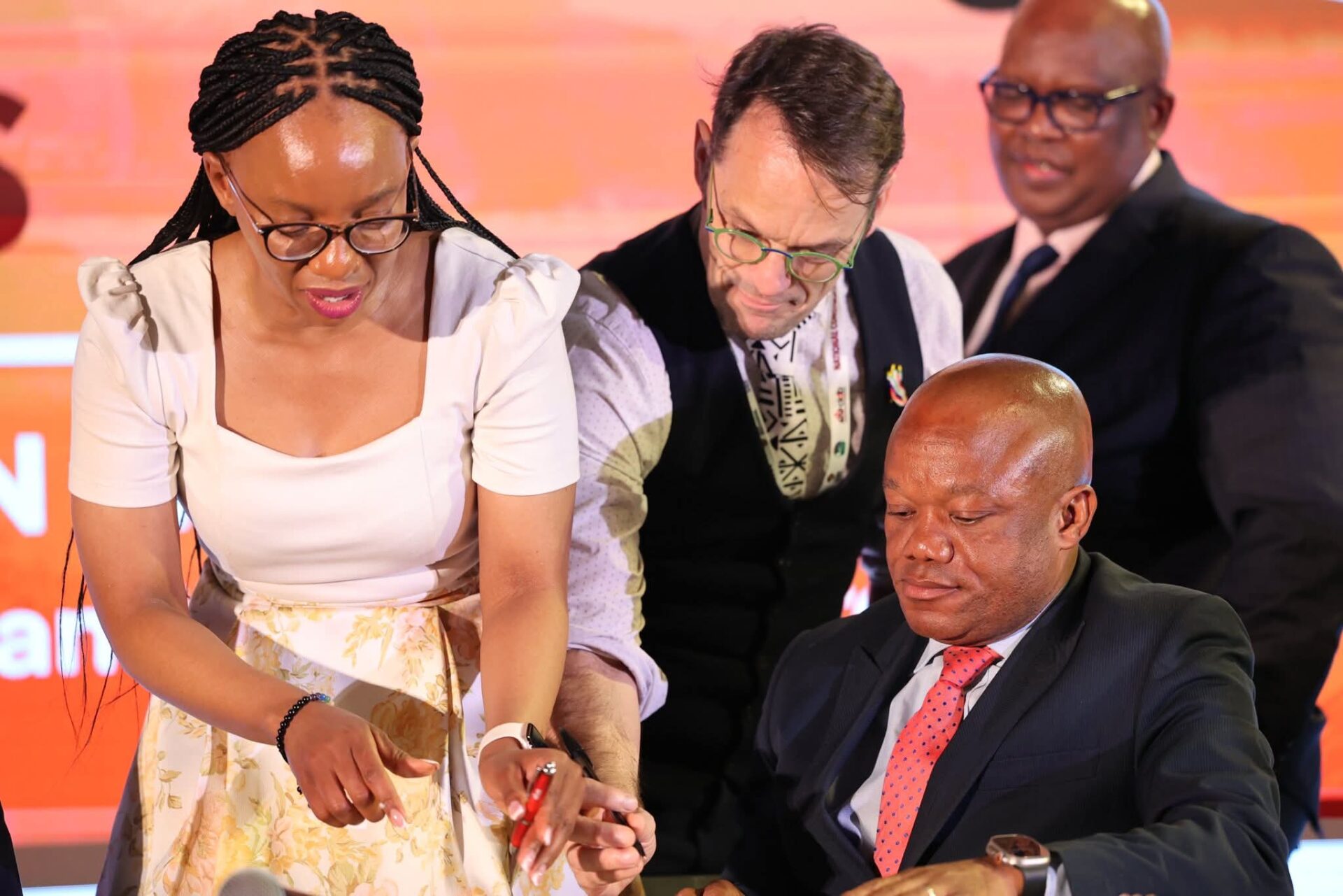By Prof Francis Petersen
BLOEMFONTEIN-The month of July is traditionally an opportunity for us as South Africans to get involved in making a real positive difference in our society – in the spirit of selfless giving, exemplified by our esteemed former president, Nelson Mandela. But there is only so much an individual or individual organizations can do. We are living in a time of increasingly complex social challenges, and in order to address them, it has become essential to join forces with others across a wide range of sectors and disciplines to find effective, lasting solutions.
The COVID-19 pandemic has brought some valuable insights, lessons, and renewed realizations. One of these is around our interconnections on regional, national, and global levels. And with that, a renewed appreciation for the value of collaboration, and perhaps co-creation to address issues that confront us as a collective.
A good example of this type of collaboration was during the Free State’s vaccination drive last year. The University of the Free State (UFS) assisted the provincial Department of Health not only through infrastructural support, in the form of computer equipment and furniture at vaccinations sites in Bloemfontein and Qwaqwa but providing high-level mathematical modelling information and guidance on the spread and the identification of high-risk areas in terms of infections. Various private sector and civil society organizations did their bit by spreading information and getting people to vaccination sites. This collaboration between the public, private, and higher education sectors resulted in a smooth and effective process that received overwhelmingly positive public feedback. It is this type of expanding the boundaries of traditional functions and roles that sets us up for success.
Universities’ role in ensuring student success
With the ongoing massification of higher education and the accompanying diversification of student bodies in many parts of the world, universities around the globe have in recent years increasingly been investing finances and resources towards student support mechanisms to ensure student success. There is general consensus that the challenges facing students and institutions are more complex than in the past and cannot be addressed effectively by a single office or a few dedicated individuals. Many institutions of higher learning have realized that a collaborative approach is needed, with different departments and offices – comprising academic and support personnel – joining forces and expertise from multiple angles to find sustainable solutions to student needs.
It is important to see these developments against the background of the changing role of public universities. Universities used to have a rather narrow focus on creating and transferring knowledge. This role has, however, evolved considerably over the past decade or two. Our function nowadays is very much a society-focused one, where we concentrate on applying our skills and knowledge to make a real difference in the societies we serve and draw our students from. That role also extends to getting involved in our students’ lives to ensure their academic success.
This is why most South African universities have a range of holistic student support initiatives in place – encompassing not only academics, but mental and social support as well. Ensuring the efficacy of these initiatives requires close collaboration between an institution and its students, starting with addressing their very basic needs, such as personal safety and food security. Most of our public universities have food security projects in place, and also dedicate a lot of effort and resources towards ensuring a safe physical environment – not only for students in on-campus residences, but for those who reside off campus too. This involves close cooperation with the South African Police Service, community policing forums, and external accommodation service providers. Only when these basic needs are taken care of, can we move on to academic support.
At the UFS, for instance, our Centre for Teaching and Learning has developed various initiatives to ensure student success, enabling us to record a 12% improvement in our general academic success rate over the past 10 years. An important component of this support is academic advising, where we make sure that students’ career aspirations and aptitude line up with their study fields, preventing them from ending up in courses that do not fit their interests and natural talents. Further support then comprises intensive tutorials, language and writing support. The reality is that many of our students come from struggling and dysfunctional schools, which means they enter tertiary education with definite disadvantages.
Partnerships with schools
A collaborative approach dictates that universities not only do their utmost to help students overcome shortcomings in their basic education, but that they also join forces with affected schools in an effort to improve education. At the UFS, we have a well-supported Internet Broadcast Project that broadcasts interactive lessons in key subjects to around 71 000 learners in more than 80 schools every week, as well as various other initiatives aimed at learners, teachers, and parents to co-create solutions with communities and help lift the standard of basic education. The success of these initiatives is largely due to successful collaboration with public and private sector partners and sponsors, as well as the participating schools.

Institutions of higher learning embracing multidisciplinary collaboration
Collaboration of this kind nowadays permeates every aspect of our core functions as institutions of higher learning. When it comes to Teaching and Learning, many institutions have faculty and departmental advisory boards, made up of respected and capable individuals from the different sectors associated with our academic programmes. They ensure that our curricula remain updated and relevant, enabling us to deliver the kind of graduates that the world of work requires. In terms of Research, our various collaborations with individuals, institutions, and organizations across the globe assist us in conducting research that has high industry value and real-world application. Most universities also have some form of Community Outreach or Engaged Scholarship strategy, which sees us applying the knowledge we produce in the quest to foster development and innovation, as well as advancing citizenship and service for the public good. Here, partnerships with NGOs and community organizations are essential, allowing those involved to learn from one another, grow, and develop in a reciprocal fashion.
The format of these collaborations has also evolved in recent years, with a growing focus on interdisciplinary interactions, where experts from different sectors and study fields are roped in, approaching challenges from a range of different perspectives. At the UFS, we have established an Interdisciplinary Centre for Digital Futures with a dedicated mandate to initiate projects with a multidisciplinary approach, combining social, natural, and digital sciences to find solutions to relevant societal needs. This merging of different specialist fields also often evolves into a trans-disciplinary approach, which integrates the natural, social, and health sciences in a humanities context, and transcends their traditional boundaries. These approaches have become not only useful, but essential in order to address complex modern-day issues.
Expanded intersect-oral collaboration urgently needed
Like many other institutions of higher learning in our country, we have realised the immense value of collaboration on all levels of operation in order to remain relevant and effectively prepare our students for the world of work. But producing employable graduates alone will not bring down our unemployment figures if these graduates are not absorbed into our economy. There is wide consensus that what we urgently need in our country is rapid economic growth. And that requires vastly increased collaboration on an even wider front. The private sector needs to implement dedicated internship and employment opportunities for young graduates to gain work experience, backed up by government incentives and policies that make it worth their while and stimulate investment. In short: nothing less than a concerted effort from all sectors is required to take our economy and our country forward.
On its official web page, national government encourages us to embrace the chance to celebrate Nelson Mandela’s life and heed the call to action for people to “recognize their individual power to make an imprint and change the world around them”. It is, however, imperative that we also take the vital next step, which is to combine individual powers and efforts, forming new and innovative collaborations on all fronts and in all sectors of society, in order to achieve real social advancement.
Opinion article by Prof Francis Petersen, Rector and Vice-Chancellor of the University of the Free State









